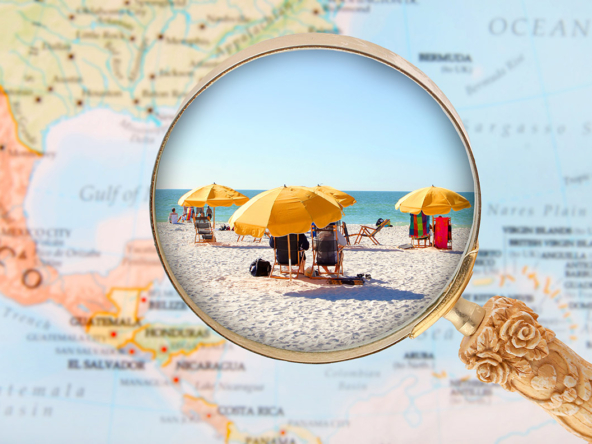The U.S. Virgin Islands (USVI) offer turquoise waters, year-round sun, and a laid-back Caribbean lifestyle—all without needing a passport for U.S. citizens. So, it’s no surprise many people dream of buying property here. But one big question often comes up:
Should you buy a vacation home or an investment property?
While the two options can overlap, they serve different purposes and require different strategies. Here’s how to decide which is right for you.
What’s the Difference?
Vacation Home
A vacation home is primarily for personal use. You might visit a few times a year and let close friends or family use it occasionally.
Investment Property
An investment property is designed to generate income—either short-term through vacation rentals or long-term through leases.
You may still visit from time to time, but the main goal is return on investment (ROI), not relaxation.
Questions to Ask Before You Decide
1. How Often Will You Use It?
If you’re planning to spend multiple weeks or months per year on-island, a vacation home might be worth it. But if you’ll only visit once or twice annually, you might prefer to rent it out in the meantime.
2. Do You Want Rental Income?
If you’re looking for passive income, an investment property is the way to go. In the USVI, short-term vacation rentals are in high demand—especially near beaches and towns.
3. Can You Handle (or Outsource) Management?
Vacation rentals require hands-on management or a reliable local property manager. Cleaning, check-ins, and maintenance must be coordinated regularly.
Long-term rentals are lower-maintenance but require a different tenant screening process.
Pros and Cons of Each Option
Vacation Home – Pros
-
Personal escape when you want it
-
No need to pack much—your stuff is already there
-
Emotional and lifestyle value
Vacation Home – Cons
-
Generates no income when not in use
-
Requires maintenance even when vacant
-
Can become a financial burden if underused
Investment Property – Pros
-
Generates rental income
-
Can build long-term equity
-
May qualify for tax advantages (consult a CPA)
Investment Property – Cons
-
Requires marketing, guest communication, and upkeep
-
Short-term rentals are subject to local regulations and seasonal demand
-
Less flexibility for personal use
Why the U.S. Virgin Islands?
-
No passport required for U.S. citizens
-
Strong demand for vacation rentals
-
Favorable tax incentives for some investors
-
Steady tourism economy
-
Incredible lifestyle perks
Each island has different strengths:
-
St. Thomas: Great for vacation rentals and cruise ship traffic
-
St. Croix: Larger land, lower prices, and growing investment potential
-
St. John: Exclusive and nature-focused, high nightly rates for rentals
Can It Be Both?
Yes! Many buyers purchase a hybrid property—using it part-time and renting it out when they’re away. With the right location and management team, you can enjoy your island home and earn income.
Final Thoughts
There’s no wrong choice—just the one that best fits your lifestyle and goals. Whether you want a peaceful getaway or a smart investment, the USVI has a property to match.
The key is to:
-
Be clear about your goals
-
Run the numbers
-
Work with a knowledgeable local agent
-
Understand the island’s rental regulations
Still unsure? Let’s talk (340) 208-2569 about your goals and find the right property for you in paradise.


